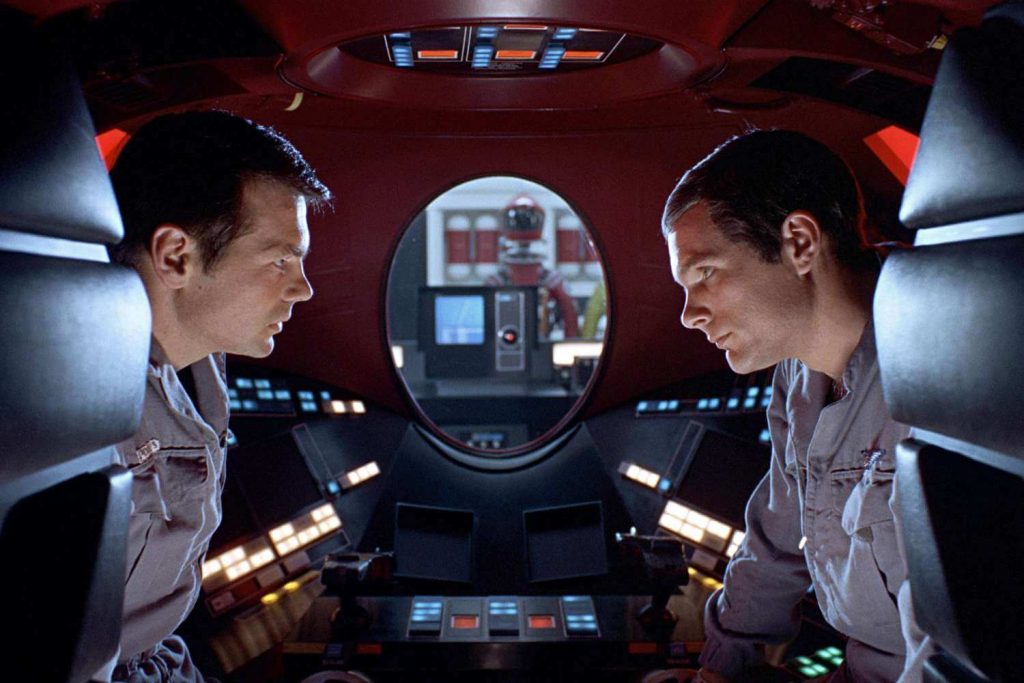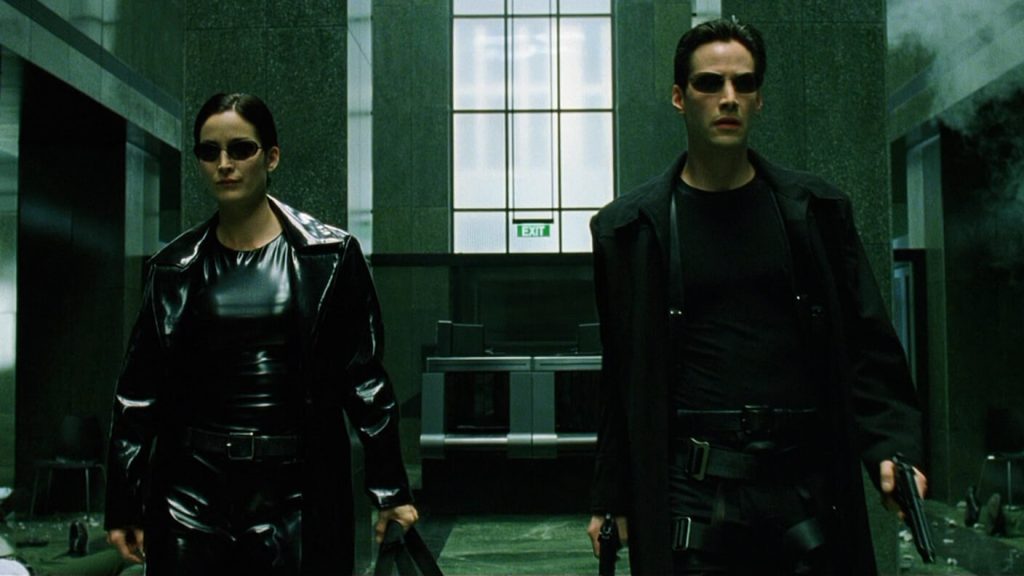No products in the cart.
World News
The Greatest Sci-Fi Movies of All Time: A Journey Beyond Reality
The Foundations of Science Fiction Cinema
The history of sci-fi cinema is rooted in groundbreaking works that defined the genre. Early films such as Metropolis (1927) by Fritz Lang paved the way with its stunning visual effects and a visionary look at the relationship between humans and machines. These foundational movies didn’t just entertain but also posed philosophical questions about societal structures and the implications of industrialization.
The 20th century saw the emergence of films like 2001: A Space Odyssey (1968), a Stanley Kubrick masterpiece that redefined cinematic storytelling. Its breathtaking visuals and enigmatic narrative delved into human evolution and artificial intelligence, leaving audiences in awe and contemplation. Films from this era set a precedent for blending ambitious storytelling with cutting-edge technology, making sci-fi a genre that could rival any other in terms of artistry and impact.

Exploring the Human Condition Through Sci-Fi
At its core, science fiction is about humanity—our hopes, fears, and unending curiosity. Films like Blade Runner (1982) and Ex Machina (2014) delve into the ethical and philosophical dilemmas surrounding artificial intelligence. What does it mean to be human? What responsibilities come with creating life? These films use their futuristic settings to explore deeply personal and moral questions.
Another standout is Her (2013), which examines human connection in an age of advanced technology. The story of a man falling in love with an AI raises questions about relationships, loneliness, and the boundaries between human and machine. By blending emotional storytelling with speculative technology, such films remind audiences that the future is a mirror reflecting our present-day struggles.
Sci-Fi as a Commentary on Society
Some of the greatest sci-fi movies hold a mirror to societal issues, using imaginative worlds to critique real-world problems. The Matrix (1999) became a cultural phenomenon not just for its innovative action sequences but for its exploration of reality, free will, and the influence of technology. The Wachowskis’ creation resonated with a generation grappling with the rapid rise of the internet and digital culture.
Similarly, Snowpiercer (2013) by Bong Joon-ho presents a dystopian future where the last remnants of humanity are confined to a perpetually moving train. The film explores themes of class struggle, environmental collapse, and survival, highlighting the consequences of inequality and exploitation. These films showcase sci-fi’s ability to address complex societal issues in ways that are both thought-provoking and visually stunning.

The Role of Visual and Narrative Innovation
One of sci-fi’s most defining features is its capacity to push the boundaries of visual storytelling. Movies like Avatar (2009) revolutionized the use of 3D technology, immersing viewers in the breathtaking world of Pandora. Director James Cameron’s vision combined cutting-edge effects with a timeless tale about environmentalism and cultural preservation.
Meanwhile, films like Inception (2010) by Christopher Nolan blurred the lines between reality and dreams with its intricate narrative structure and mind-bending visuals. These movies demonstrate how sci-fi filmmakers continually innovate, crafting experiences that challenge both the intellect and the senses. By embracing bold ideas and groundbreaking technology, these films redefine what cinema can achieve.
The Enduring Legacy of Sci-Fi Films
The best sci-fi movies leave a lasting impact, influencing not just the genre but also pop culture and society. Franchises like Star Wars and Star Trek have inspired generations of fans and creators, shaping the way we imagine the future and our place within it.
More recent films, such as Dune (2021), continue this legacy by adapting classic sci-fi literature for contemporary audiences. Denis Villeneuve’s adaptation of Frank Herbert’s epic novel combines stunning visuals with a compelling narrative, showcasing the genre’s ability to evolve while staying true to its roots.
From the philosophical inquiries of Arrival (2016) to the escapist wonders of Guardians of the Galaxy (2014), sci-fi remains a genre that balances entertainment with intellectual depth. Its enduring appeal lies in its ability to reflect humanity’s past, present, and potential futures, making it a cornerstone of cinematic storytelling.
From viraldes


